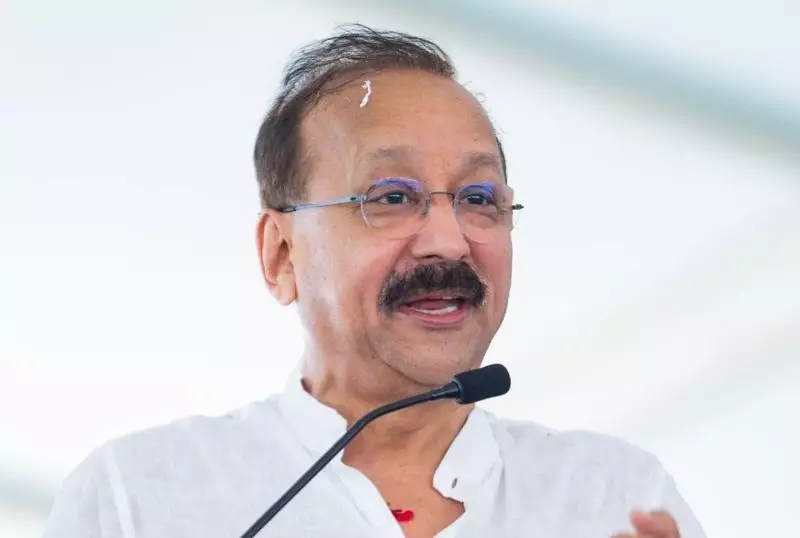
The Bombay High Court has taken significant action in the high-profile murder case of Baba Siddique, directing the Mumbai Police to respond to a petition filed by his wife seeking a Special Investigation Team (SIT) probe into the killing. The development marks a crucial turn in the investigation that has captured public attention.
Court Directs Police Response
In a hearing held on Monday, the Bombay High Court issued a formal notice to the Mumbai Police, demanding their response to the plea filed by Baba Siddique's wife. The court has given the police authorities a specific timeframe to submit their reply regarding the formation of a Special Investigation Team to handle the case.
The bench, comprising Justice Revati Mohite-Dere and Justice Prithviraj Chavan, expressed the need for thorough examination of the petition's merits. The court has scheduled the next hearing for two weeks from the current proceeding, indicating the urgency with which the matter is being treated.
Background of the Case
Baba Siddique, a prominent figure in Mumbai's social and political circles, was killed under circumstances that have raised several questions about the investigation's progress. The incident occurred in Mumbai, sending shockwaves through the community and prompting calls for a more comprehensive investigation approach.
The petitioner, Siddique's wife, has expressed dissatisfaction with the current investigation methodology and has raised concerns about potential lapses in the procedural aspects of the case. Her legal representatives have argued that the complexity of the case warrants a specialized investigation team with specific expertise in handling such sensitive matters.
Legal Arguments and Proceedings
During the court proceedings, the petitioner's counsel presented arguments highlighting the need for an SIT to ensure a transparent and effective investigation. They emphasized that the current investigation team might be overlooking crucial aspects of the case that require specialized attention.
The Mumbai Police, represented by their legal team, have been given the opportunity to present their stance on the matter. The police authorities are expected to justify their current investigation approach and explain why an SIT might not be necessary for this particular case.
Legal experts following the case suggest that the court's intervention indicates the seriousness with which the judiciary is treating the petitioner's concerns. The formation of an SIT, if approved, could significantly alter the course of the investigation and potentially uncover new evidence or leads.
Public and Legal Implications
The case has generated substantial public interest, with many watching closely how the judicial system handles petitions for specialized investigations in high-profile criminal cases. The outcome of this petition could set a precedent for similar cases in the future where families of victims seek alternative investigation mechanisms.
The Bombay High Court's decision to entertain the petition demonstrates the judiciary's proactive approach in ensuring that criminal investigations meet the highest standards of transparency and effectiveness. The court's final decision on whether to constitute an SIT will depend on multiple factors, including the police's response and the merits of the petitioner's arguments.
As the case progresses, all eyes remain on the Bombay High Court and the Mumbai Police, awaiting their next moves in this significant legal battle that balances investigative autonomy with the rights of victims' families to seek justice through alternative means.





